Conference Speakers
To be announced
ACFPE Past Speakers
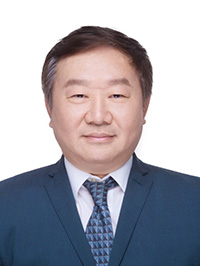
Prof. Junyong Liu
Sichuan University, China
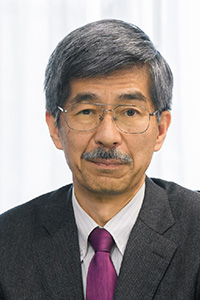
Prof. Atsuo Kawamura
Yokohama National University, Japan

Prof. Zhaoyang Dong
City University of Hong Kong , Hong Kong, China
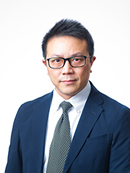
Prof. Michael K.H. Leung
City University of Hong Kong , Hong Kong, China
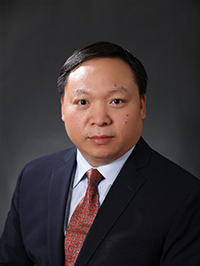
Assoc. Prof. Zongxiang Lu
Executive Vice Director of Sichuan energy Internet research institute
Tsinghua University, China

Prof. Siew Hwa CHAN
Nanyang Technological University, Singapore

Prof. Fushuan Wen
Zhejiang University, China
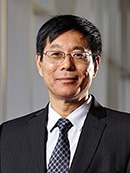
Prof. Qing-Long Han
Swinburne University of Technology, Australia
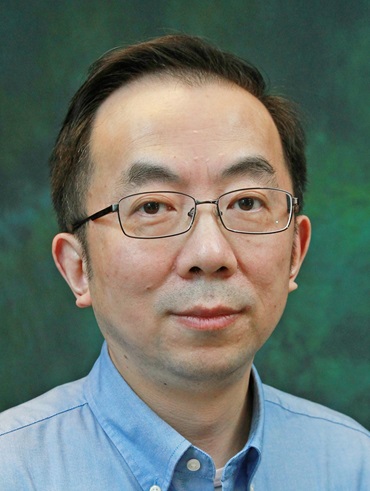
Prof. Haitao Huang
Hong Kong Polytechnic University, HKSAR, China
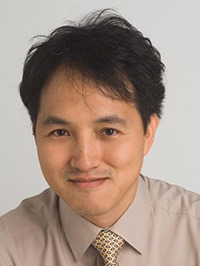
Prof. Eric Cheng
The Hong Kong Polytechnic University, HKSAR, China
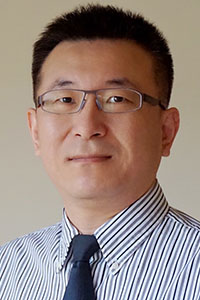
Prof. Fei Wang
North China Electric Power University, China
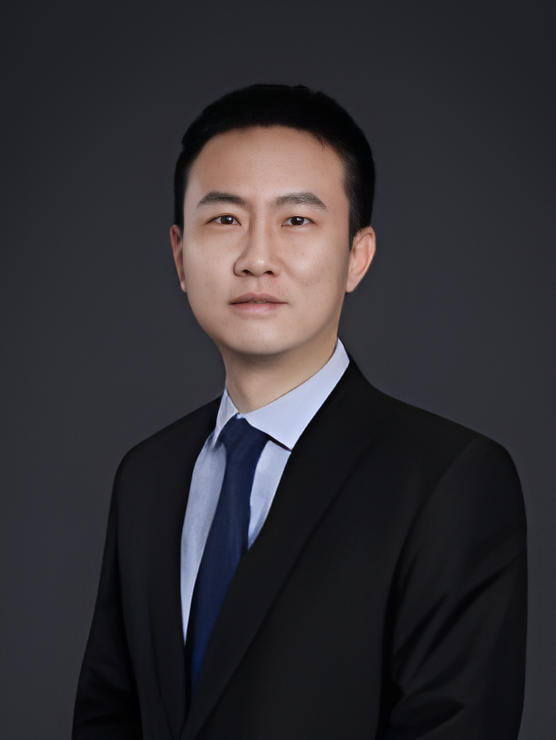
Prof. Heng Nian
Zhejiang University, China
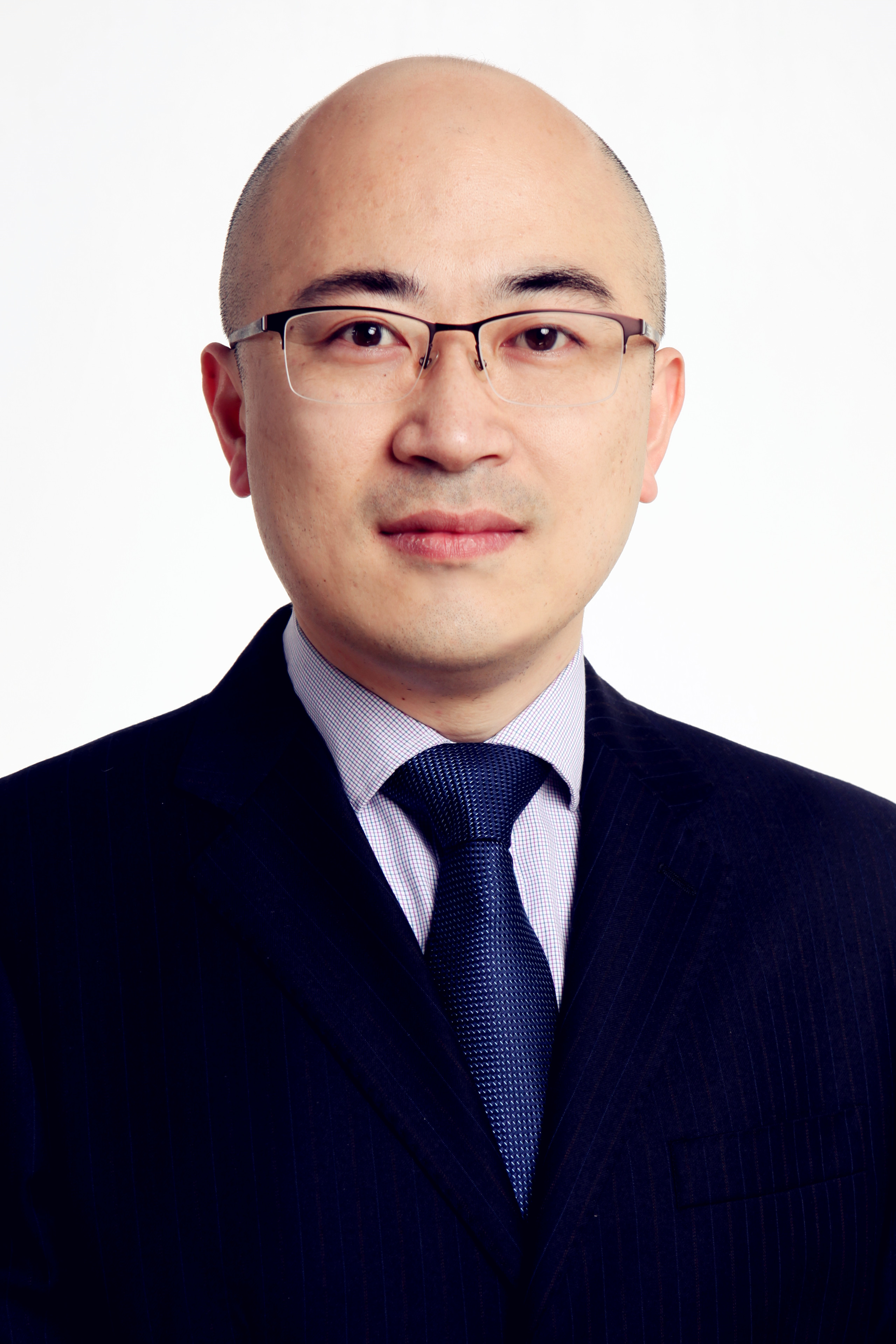
Prof. Rui Li
Shanghai Jiao Tong University, China
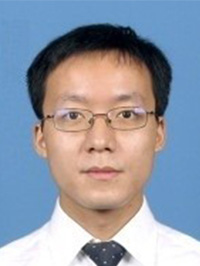
Prof. Yang Han
University of Electronic Science and Technology of China, China
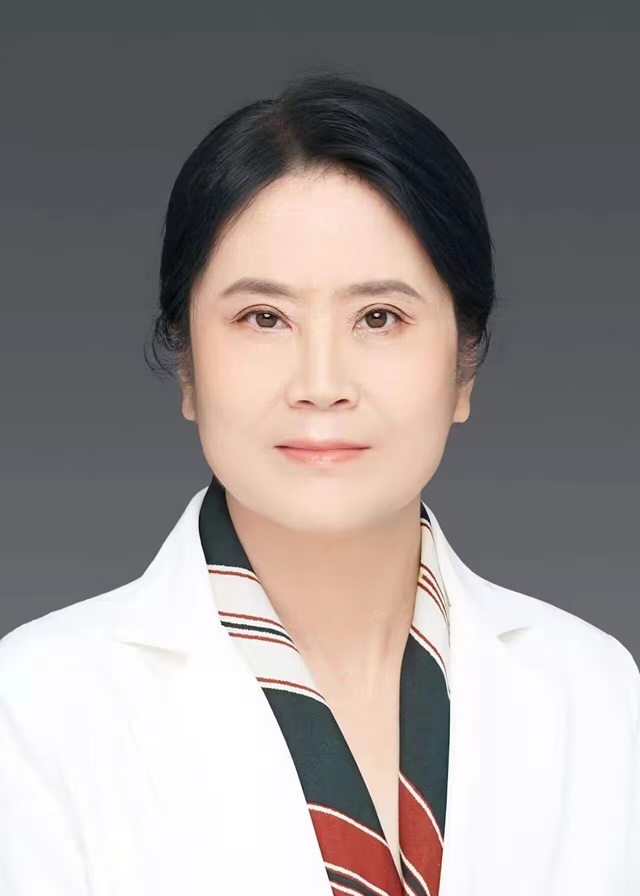
Prof. Dongxia Zhang
China Electric Power Research Institute, China
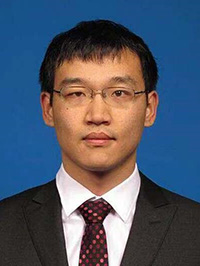
Prof. Zhifang Yang
Chongqing University, China
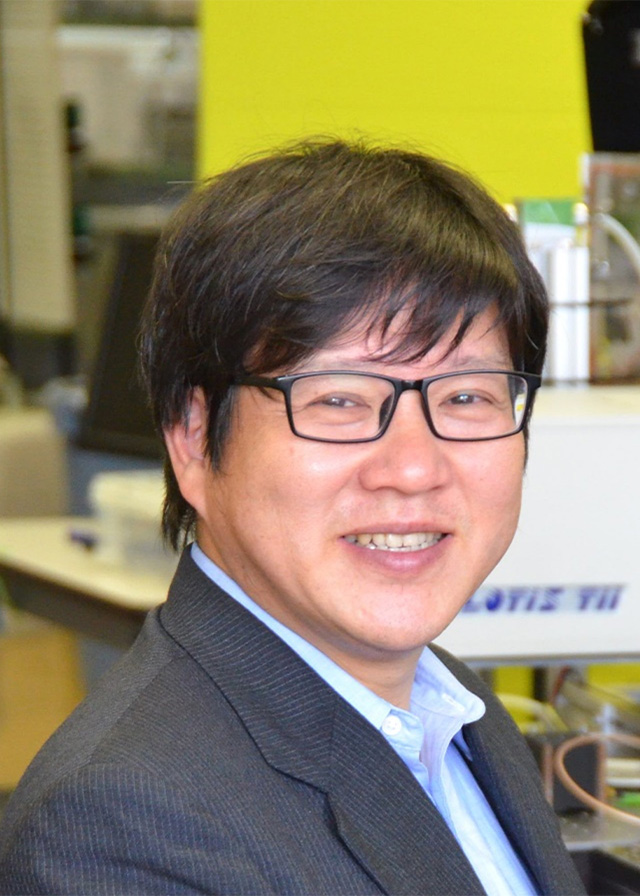
Prof. Yoshihiro Deguchi
Tokushima University, Japan
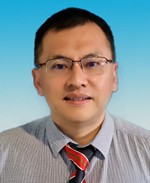
Prof. Lim Yun Seng
Universiti Tunku Abdul Rahma, Malaysia
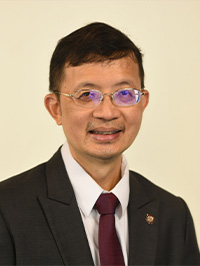
Prof. David Banjerdpongchai
Chulalongkorn University, Thailand
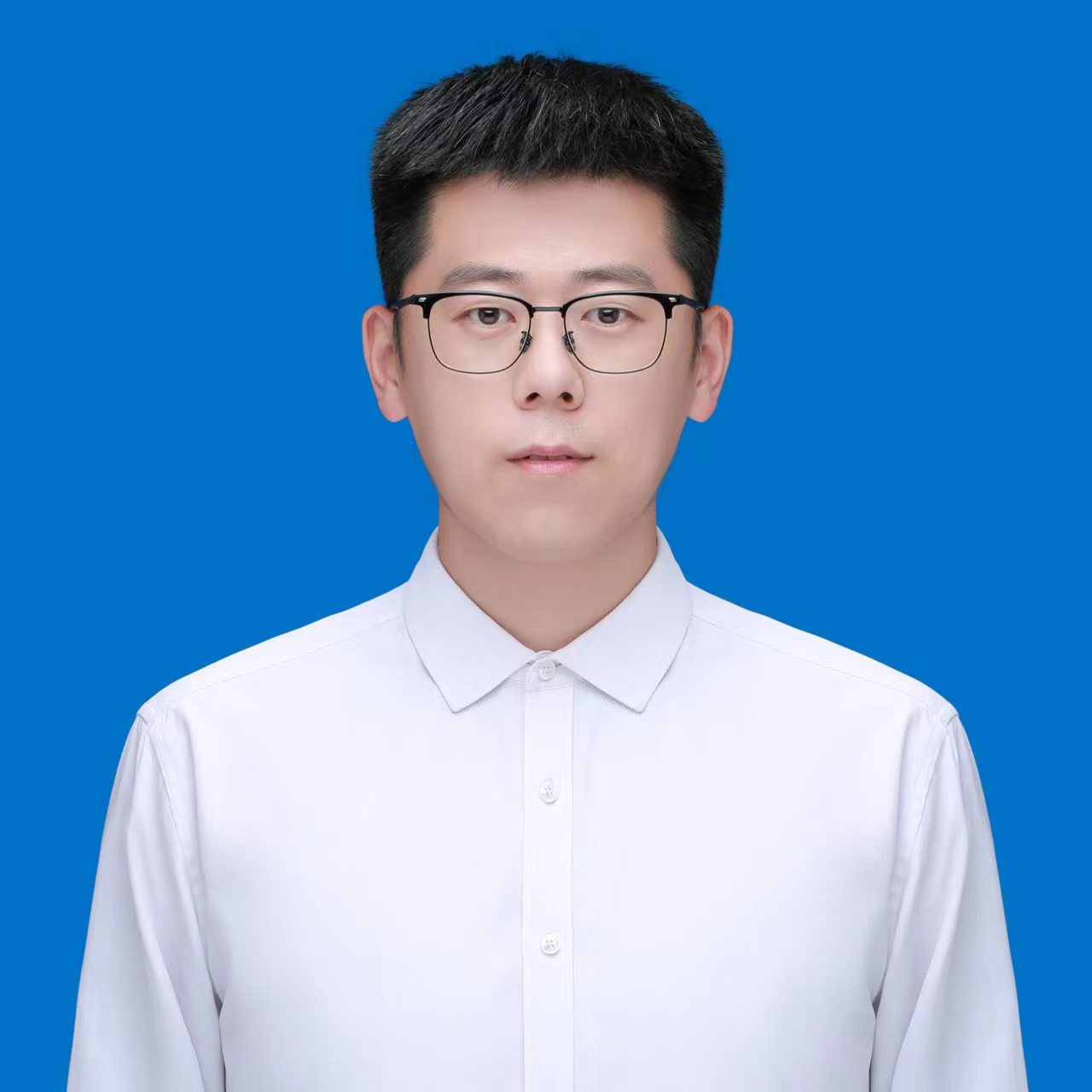
Prof. Rufeng Zhang
Northeast Electric Power University, China
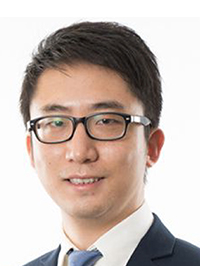
Assoc. Prof. Yan Xu
Nanyang Technological University, Singapore
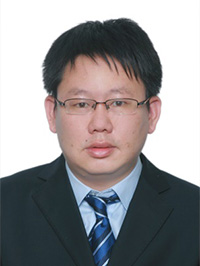
Dr. Bo Zhao
Electric Power Research Institute of State Grid Zhejiang Electric Power Company, China
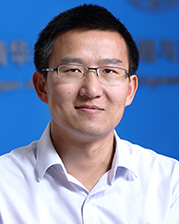
Prof. Zechun HU
Tsinghua University, China
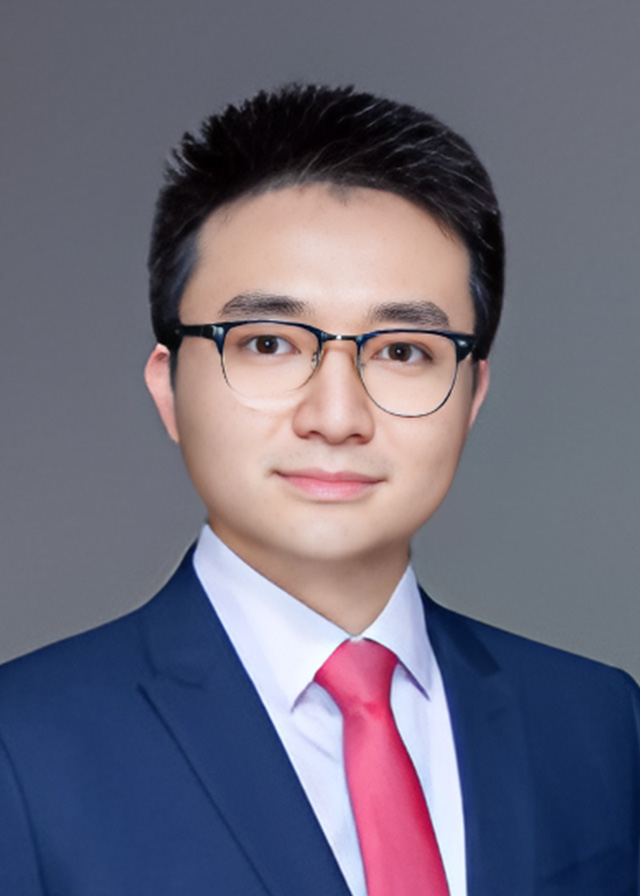
Prof. Sidun Fang
Chongqing University, China
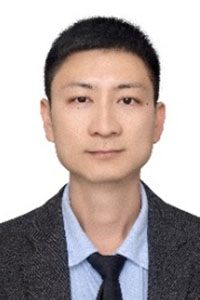
Prof. Bo Yang
Kunming University of Science and Technology, China
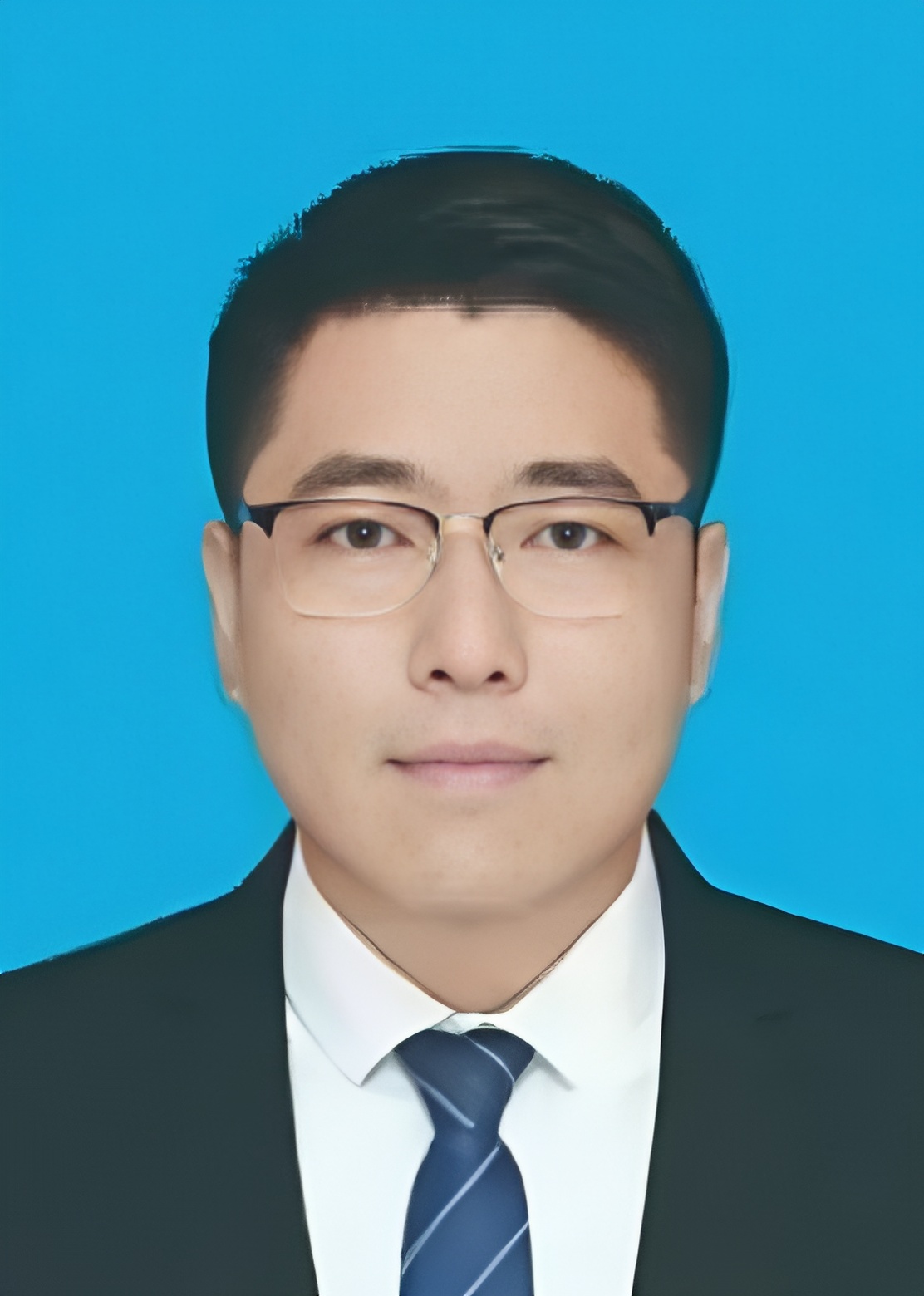
Prof. Yunfei Mu
Tianjin University, China
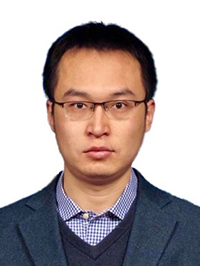
Dr.Hongcai Zhang
University of Macau, Macau, China